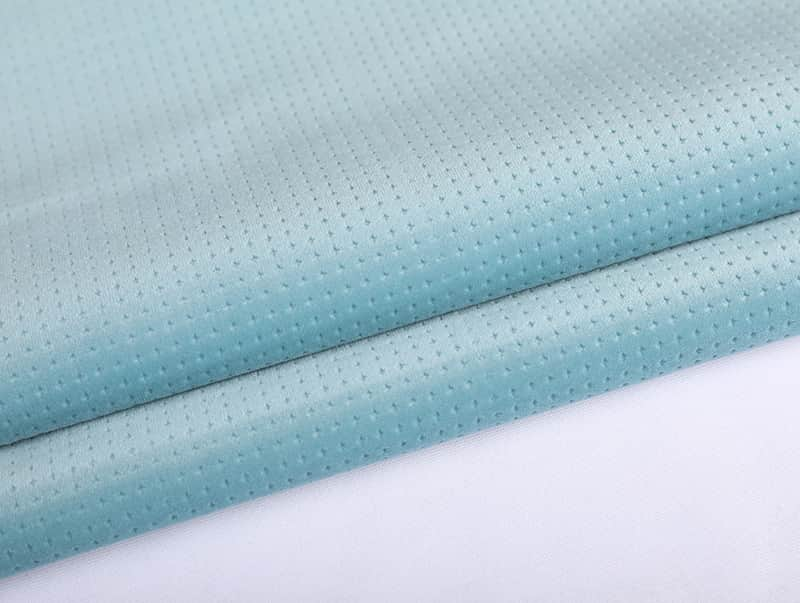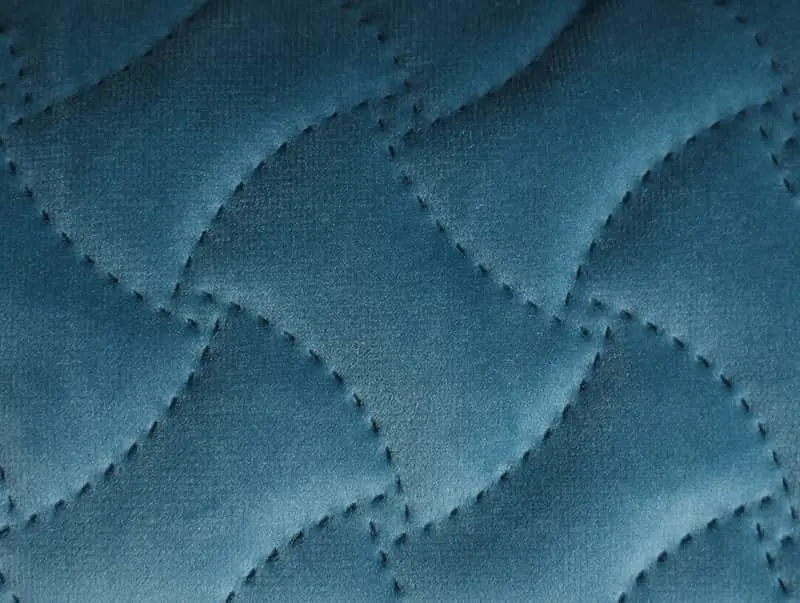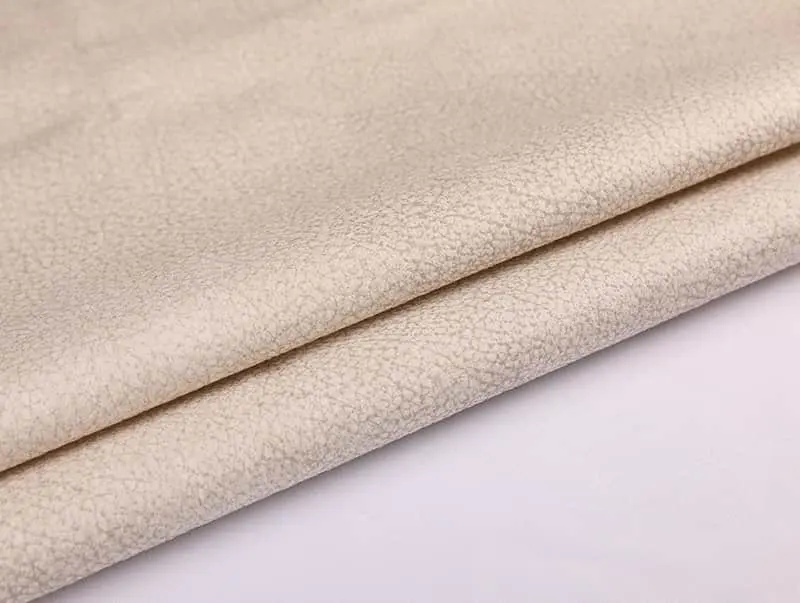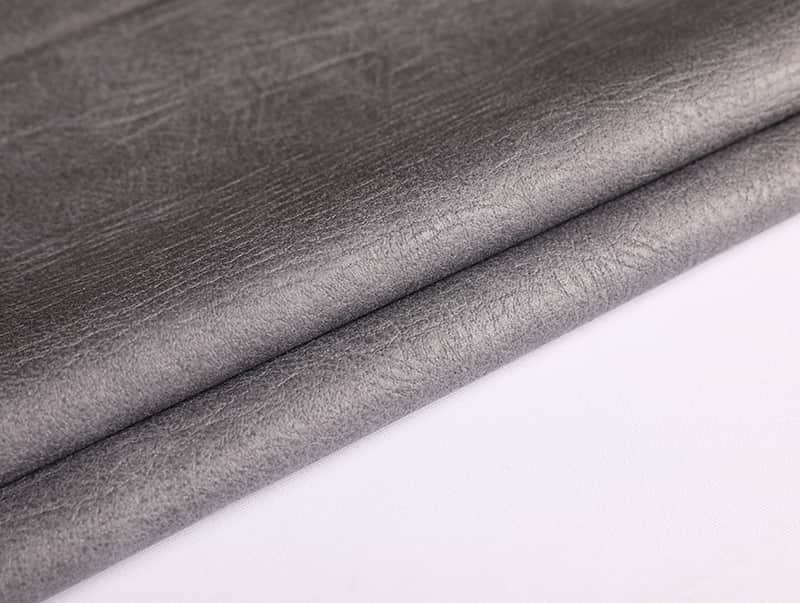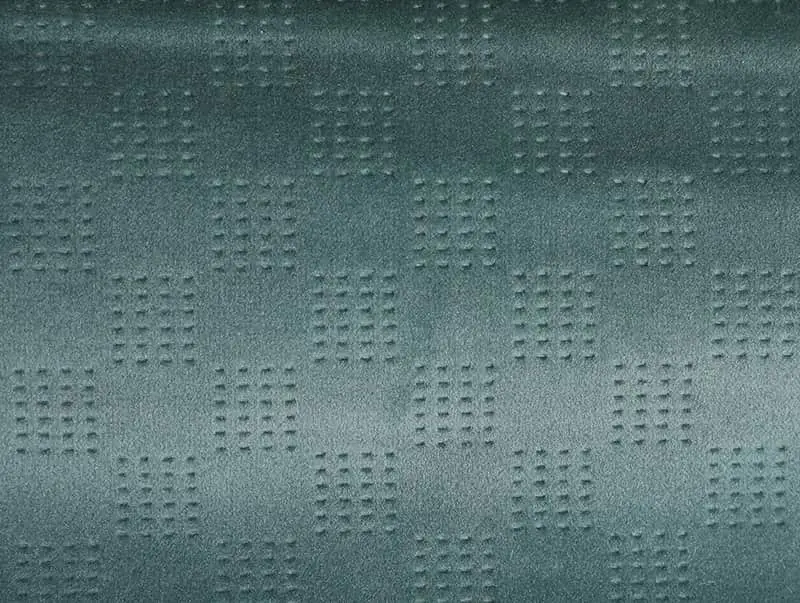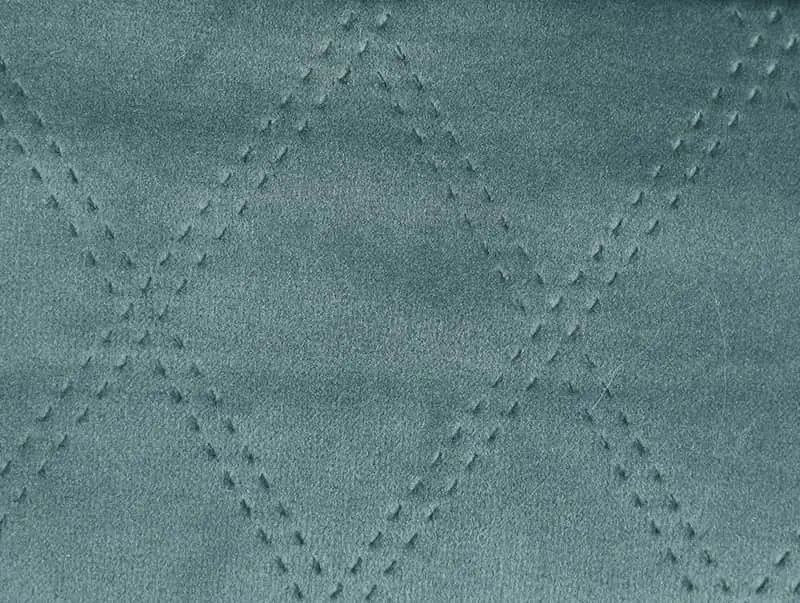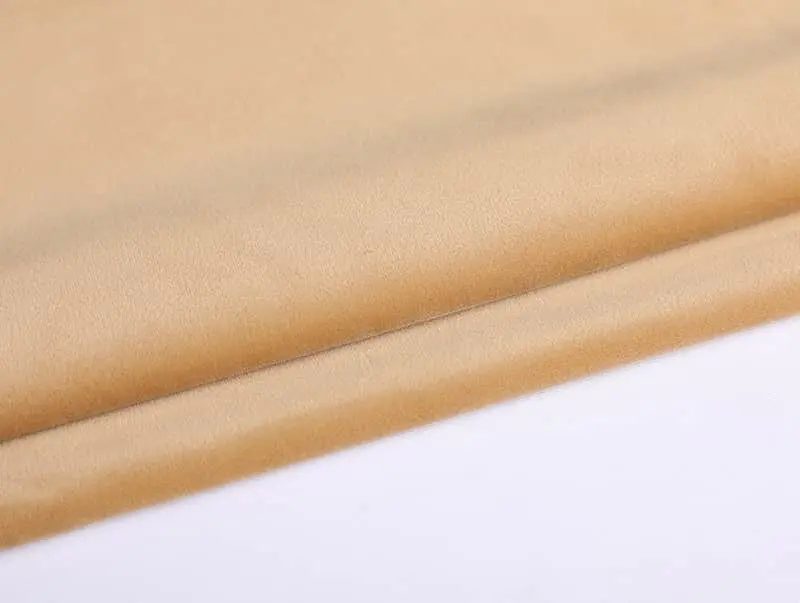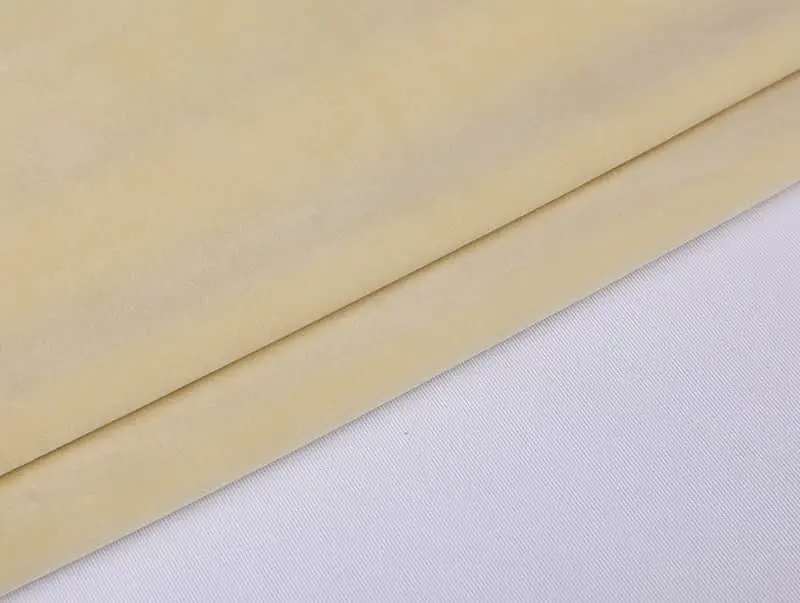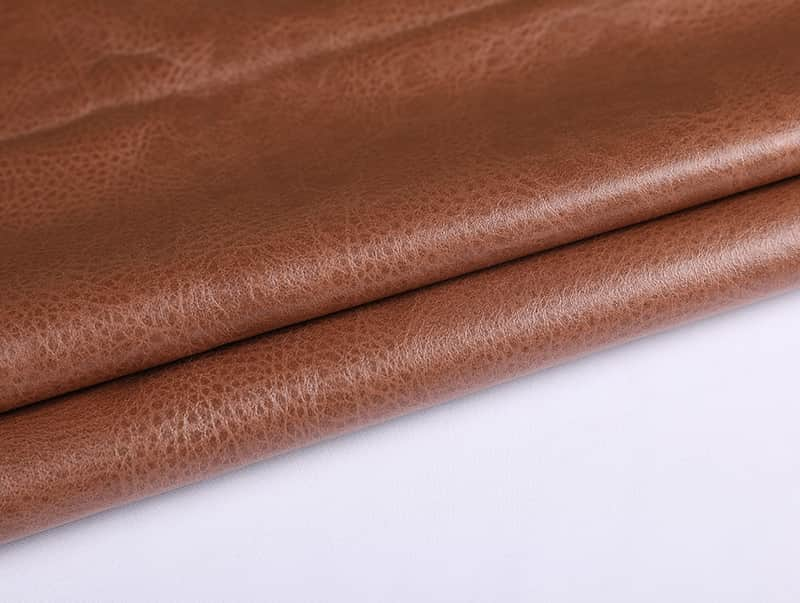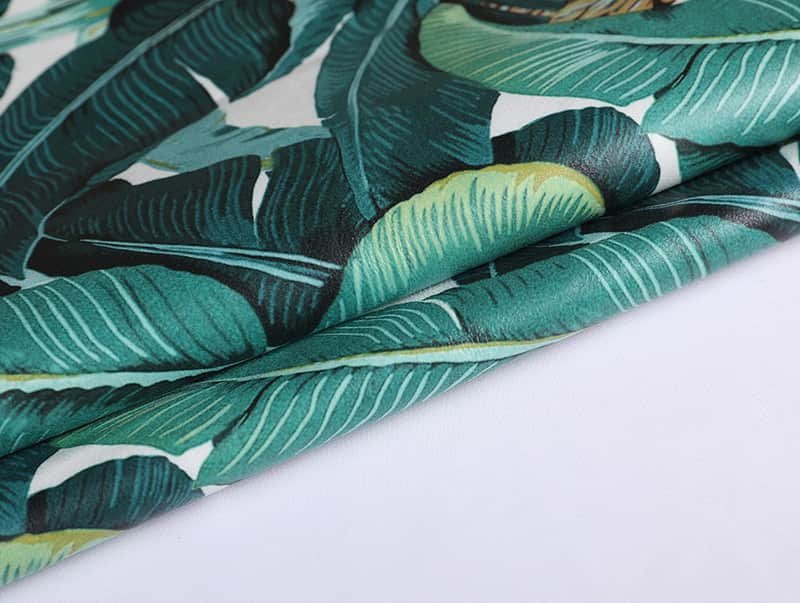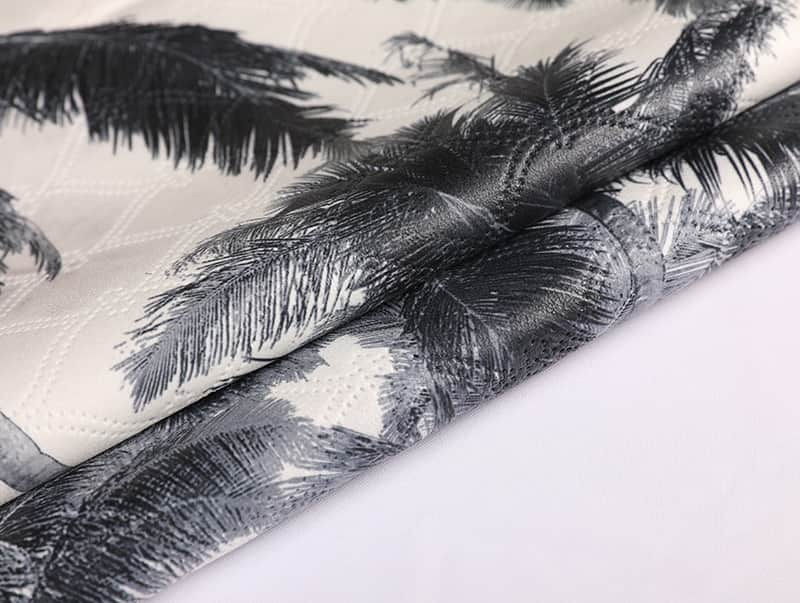Content
- 1 Recycled Polyester as a Sustainable Foundation in Artificial Leather Production
- 2 Sourcing and Processing of Recycled Polyester Fibers
- 3 Functional Role of Recycled Polyester in Artificial Leather
- 4 Compatibility with Coating Processes
- 5 Applications of Artificial Leather with Recycled Polyester Base
- 6 Challenges and Future Outlook
Recycled Polyester as a Sustainable Foundation in Artificial Leather Production
Recycled polyester has become a key material in developing artificial leather base fabrics due to its environmental and performance advantages. It provides the structural foundation necessary for coating processes while reducing reliance on virgin petroleum resources. As industries shift toward greener production, this fabric base supports both functional quality and sustainable manufacturing goals.
Sourcing and Processing of Recycled Polyester Fibers
Recycled polyester is primarily derived from post-consumer PET bottles or pre-consumer textile waste. The recycling process includes cleaning, shredding, melting, and re-extruding the material into fibers suitable for textile applications. The resulting yarns can then be woven, knitted, or formed into nonwoven structures used as base fabrics for artificial leather.
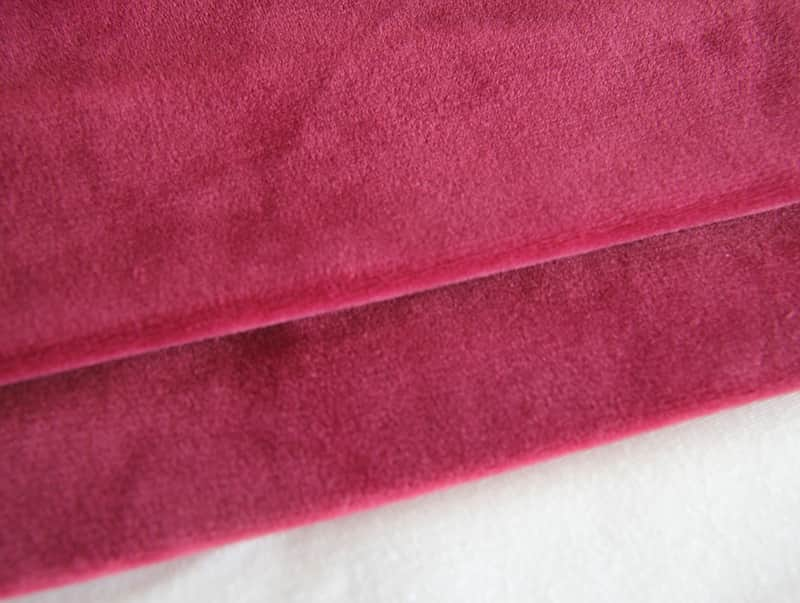
Environmental Benefits of Recycled Polyester
- Reduces plastic waste accumulation and landfill pressure.
- Consumes less energy compared to virgin polyester production.
- Decreases greenhouse gas emissions and petroleum usage.
- Supports circular economy initiatives in textile industries.
Functional Role of Recycled Polyester in Artificial Leather
The base fabric determines the strength, flexibility, and dimensional stability of artificial leather. Recycled polyester offers consistent tensile properties and surface uniformity, which help achieve even coating adhesion. It also enhances the durability of finished products, maintaining structural integrity under mechanical stress or repeated bending.
Performance Comparison Between Base Materials
| Base Fabric Type | Strength | Dimensional Stability | Sustainability |
| Virgin Polyester | High | Stable | Low |
| Recycled Polyester | High | Stable | High |
| Cotton Blend | Moderate | Variable | Medium |
Compatibility with Coating Processes
During artificial leather manufacturing, the recycled polyester base fabric must bond efficiently with polyurethane (PU), polyvinyl chloride (PVC), or waterborne coatings. Its smooth and uniform surface allows strong mechanical and chemical adhesion, reducing defects like delamination or surface irregularities. Additionally, heat resistance helps maintain coating stability during drying or embossing stages.
Applications of Artificial Leather with Recycled Polyester Base
Artificial leather made with recycled polyester base fabrics finds extensive use in automotive interiors, furniture upholstery, fashion accessories, and consumer electronics. The balance of performance and sustainability makes it suitable for both high-volume and premium-grade applications, helping manufacturers meet environmental certification standards while maintaining product aesthetics.
- Automotive seat covers and dashboards
- Office and home furniture upholstery
- Handbags, shoes, and outerwear fabrics
- Protective cases for electronic devices
Challenges and Future Outlook
Although recycled polyester significantly improves sustainability, challenges remain in maintaining consistent fiber quality and processing efficiency. Innovations such as chemical recycling and closed-loop textile recovery are expected to enhance fiber purity and mechanical strength. As regulations tighten around material traceability and carbon reduction, recycled polyester base fabrics will play a central role in the next generation of eco-friendly artificial leather production.
